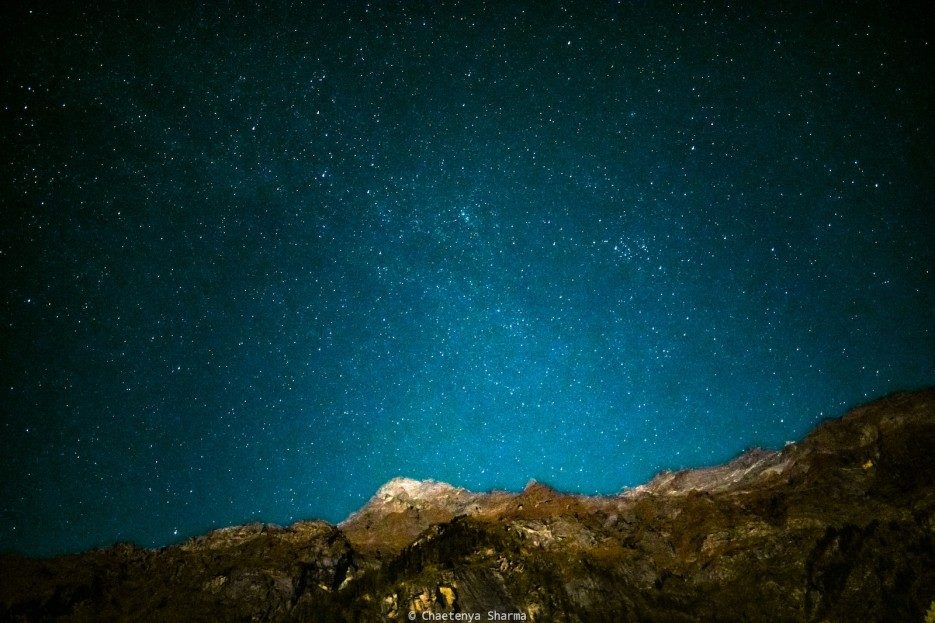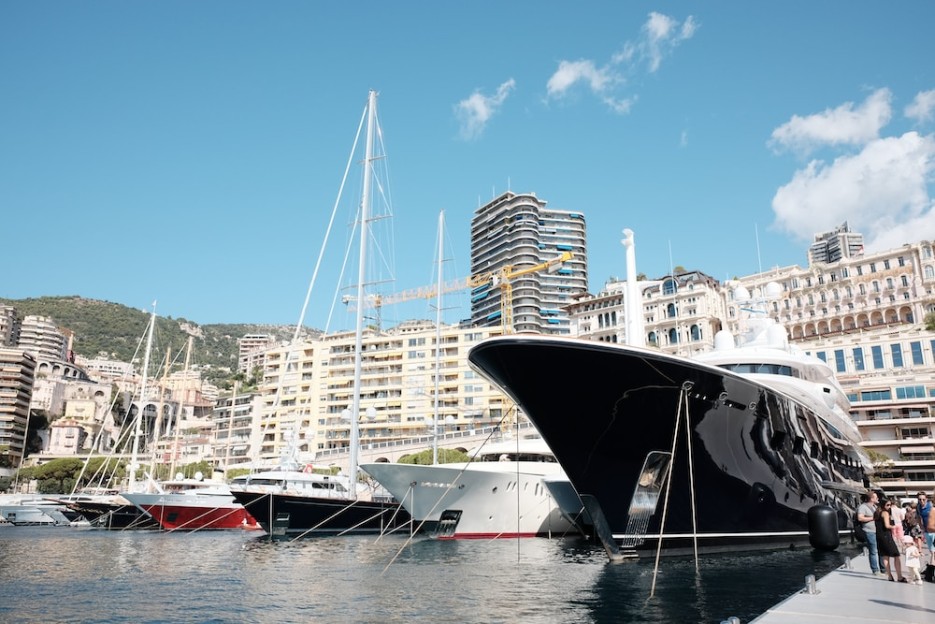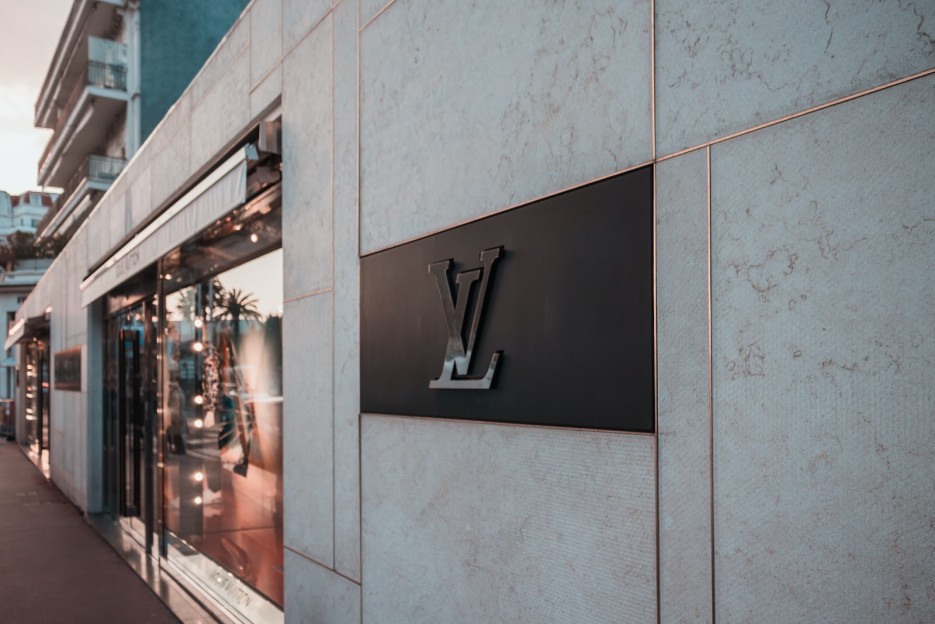
The year 2022 was pivotal for the future of space, which is now recognised as a growing industry thanks to momentum created by governments and major space agencies rising to the critical challenges of sovereignty, security, connectivity, and environmental protection, as well as thanks to the commercial space industry.
A budget of €16.9 billion was agreed by the European Space Agency (ESA) ministerial council meeting in 2022, an increase of 17% from the amount approved in 2019. In light of this, Thales Alenia Space, a joint venture between Thales (67%) and Leonardo (33%), takes stock of its year’s accomplishments.
With six of the ten contracts won in 2022 in the worldwide open market, Thales Alenia Space is once again the market leader in geostationary telecom satellites.
With the selection of the Intelsat 41 (IS-41) and Intelsat 44 (IS-44), Arabsat 7A, SES-26, and Eutelsat Flexsat satellites, Thales Alenia Space’s new Space Inspire (INstant SPace In-orbit REconfiguration) product line, which is fully reconfigurable in orbit, has demonstrated its acceptance by the largest operators in the world.
By supplying the SpaceGate ground connectivity solution for the Eutelsat Konnect VHTS satellite, Thales Alenia Space is advancing their collaboration with Eutelsat and enhancing the performance of the satellite’s ground section. Additionally, KTSAT in South Korea is receiving the Koreasat-6A satellite from our company.
The NASA’s Artemis 1 mission’s successful launch was one of the year’s other bright points. The goal of the Artemis programme is to permanently establish a human presence on the Moon. Key technologies for the European service module of the Orion capsule were developed under contract for the European Space Agency by Thales Alenia Space (ESA). For crewed lunar and deep space missions, this capsule will be used. Thales Alenia Space also continued to work on the ESPRIT, I-HAB, and HALO modules for the lunar space station.
The business also entered into a study agreement with ESA to create a payload for lunar rock oxygen extraction. The ability to produce oxygen on-site, which would be needed for future Moon settlements, should be demonstrated by this contract.



